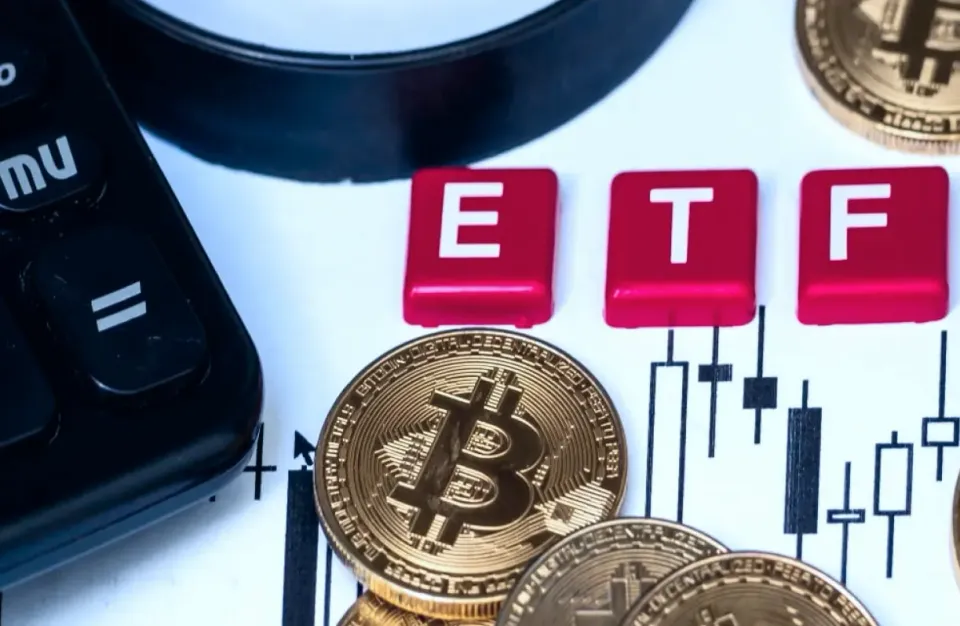
In recent years, Bitcoin has become a prominent player in the financial markets, gaining widespread attention from retail and institutional investors alike. As the cryptocurrency ecosystem evolves, a new wave of investment opportunities is emerging, with Bitcoin exchange-traded funds (ETFs) leading the charge. These ETFs are poised to transform how individuals and institutions gain exposure to Bitcoin, making the process more accessible, secure, and efficient.
What is a Bitcoin ETF?
A Bitcoin ETF is an exchange-traded fund that tracks the price of Bitcoin, allowing investors to buy and sell shares of the fund on traditional stock exchanges. Rather than directly owning Bitcoin, investors hold shares in the ETF, which is designed to mirror Bitcoin’s price movements. This simplifies the process for those unfamiliar with cryptocurrency wallets and exchanges, offering a more convenient and regulated way to gain exposure to the digital asset.
The Appeal of Bitcoin ETFs
Ease of Access: One of the most significant advantages of Bitcoin ETFs is the ease of access they provide. Traditional investors, especially those who are hesitant about managing digital wallets or understanding blockchain technology, can now participate in the cryptocurrency market through their existing brokerage accounts. This opens the doors to a broader range of investors who might have previously been wary of the complexities associated with owning Bitcoin directly.
Institutional Adoption: The introduction of Bitcoin ETFs is a key factor driving institutional adoption. Institutional investors, such as hedge funds, pension funds, and asset managers, often prefer to invest in regulated and transparent financial products. Bitcoin ETFs offer them a pathway to invest in cryptocurrencies while adhering to regulatory standards, which helps to mitigate some of the concerns around volatility, security, and legal risks.
Regulatory Oversight: Unlike traditional Bitcoin ownership, which operates in a largely unregulated environment, Bitcoin ETFs are subject to the oversight of financial regulators. This added layer of security can provide peace of mind for investors who might be worried about potential fraud, hacking, or loss of funds that are often associated with cryptocurrency exchanges.
Liquidity: Bitcoin ETFs are traded on major stock exchanges, providing liquidity and making it easier for investors to buy or sell shares at market prices. This contrasts with the relatively illiquid nature of cryptocurrency exchanges, where price fluctuations can be more significant due to lower trading volumes. With an ETF, investors benefit from better price stability and fewer barriers to entry and exit.
Potential Challenges
While Bitcoin ETFs present many opportunities, there are also challenges to consider. Regulatory uncertainty continues to loom over the cryptocurrency space, and some governments are still hesitant to fully embrace Bitcoin ETFs due to concerns about market manipulation and the potential impact on the broader financial system.
Additionally, the volatility of Bitcoin remains a concern for some investors. Although ETFs can provide diversification and reduce some risk, Bitcoin’s price swings can still lead to substantial losses. Investors need to weigh these risks against the potential rewards.
The Future of Bitcoin ETFs
As more Bitcoin ETFs are approved and launched, they are likely to become a staple of modern investment portfolios. Their ability to offer exposure to digital assets through regulated and familiar financial instruments will attract a wider range of investors, from individuals looking to diversify their portfolios to institutions seeking new avenues for growth.
Moreover, the success of Bitcoin ETFs could pave the way for other cryptocurrency-based ETFs, further expanding the investment opportunities within the digital asset space. Ethereum, for example, is another leading cryptocurrency that could see ETF products in the future.
Conclusion
Bitcoin ETFs are a revolutionary development in the world of cryptocurrency and traditional finance. By providing a bridge between these two worlds, they offer a convenient, regulated, and secure way for investors to participate in the growth of digital assets. As adoption increases and the regulatory environment becomes clearer, Bitcoin ETFs could very well shape the future of investing, offering new possibilities for both retail and institutional investors.